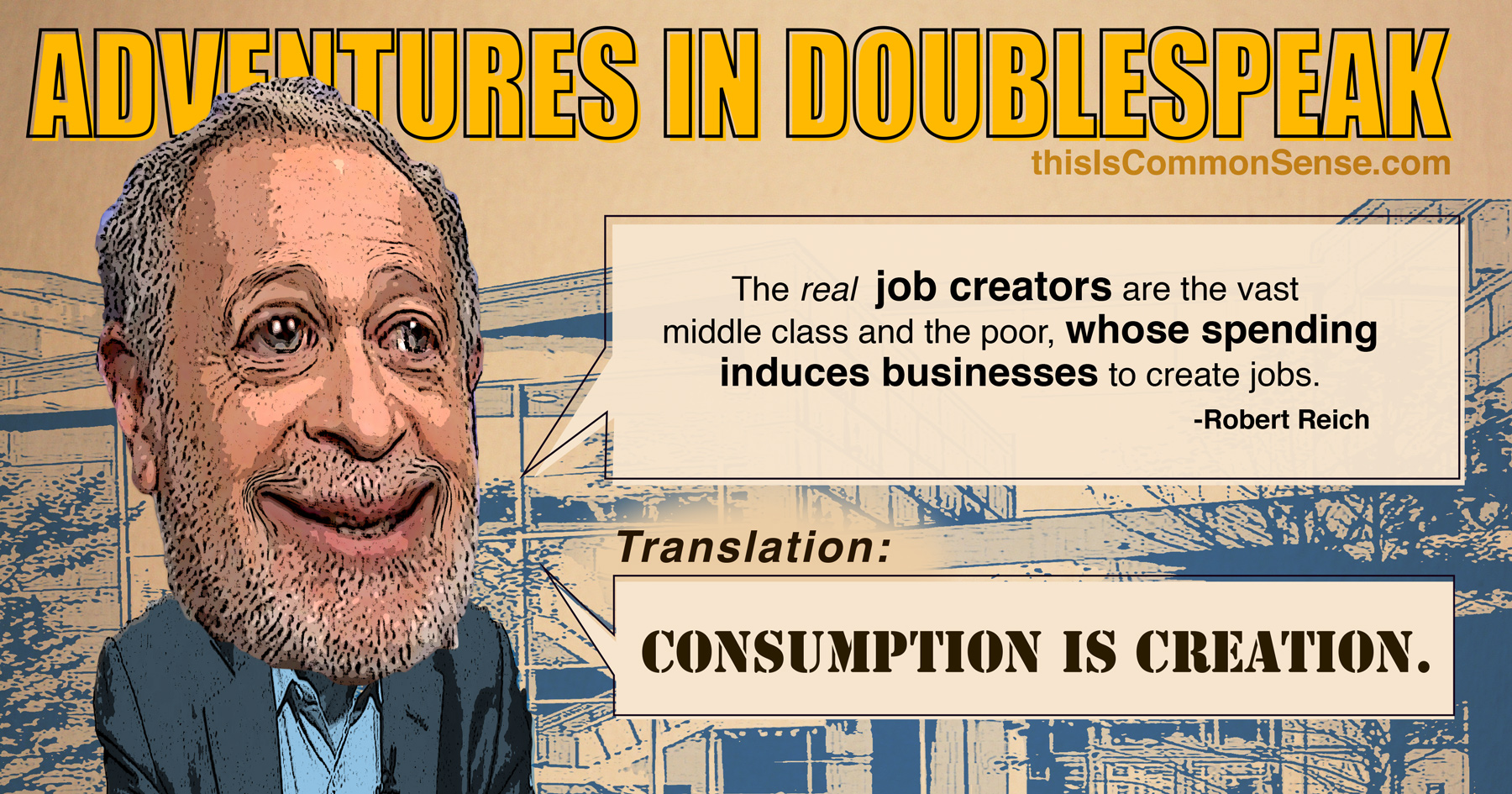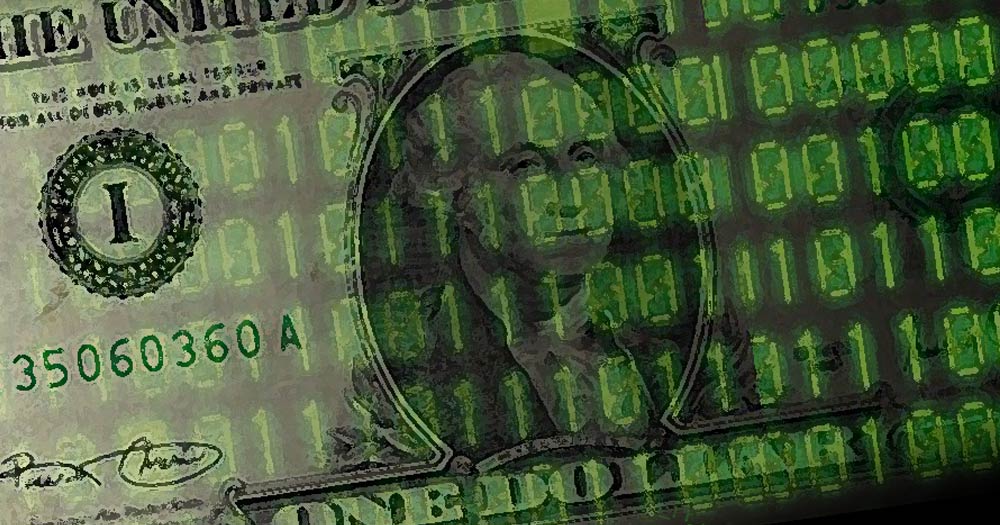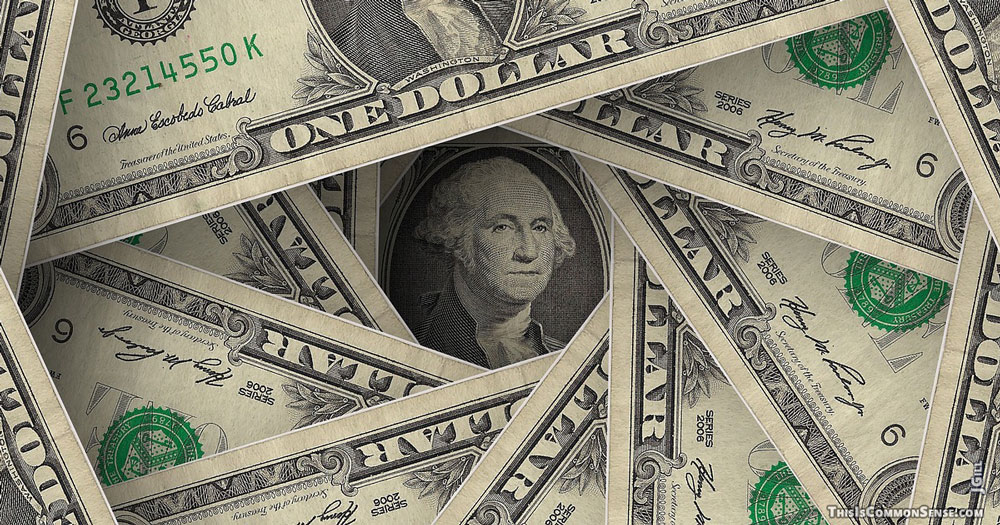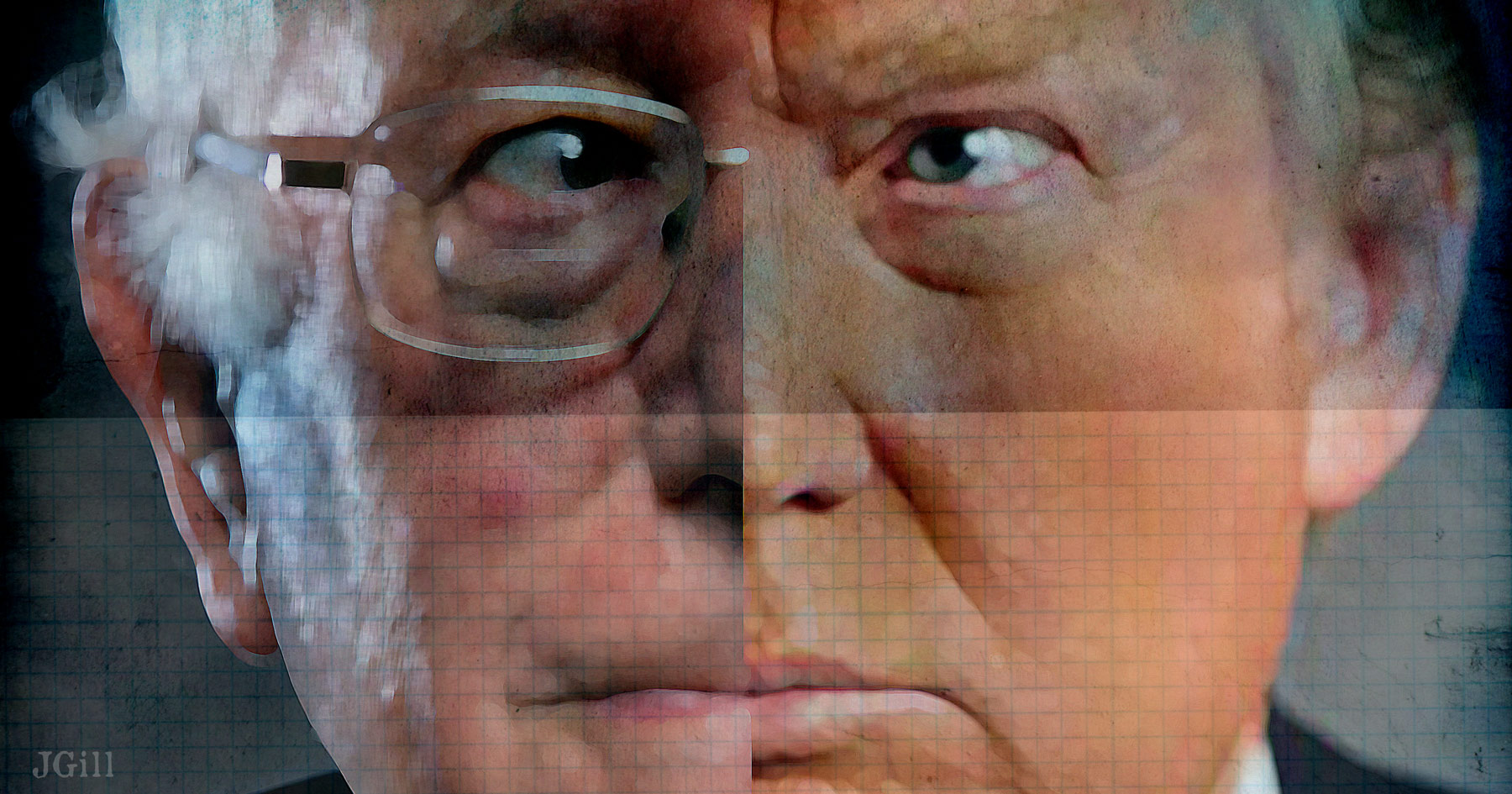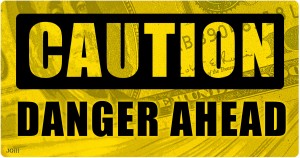Microsoft just announced an innovation that might give folks who fear business behavior — or are extremely skeptical of the positive public outcome of markets — pause.
The Bellevue, Washington, company is adding Google calendar connectivity for its Macintosh users of Outlook 2016.
[Pause.]You see, monopolies give us the willies. We do not trust them. Yet, despite our fears and suspicions, big business activity in a free market does not lead inevitably to One Corporation Ruling Them All. Or chaos.
Why believe that? This Microsoft Outlook story.
Most folks’ worries about monopoly come down to fear of out-of-control competition. In many industries, for the industry to work, there must be general cooperation among competitors. (Think of telephones and electricity distribution, etc.) The reason many people* want to regulate “natural monopolies” is that it seems only natural that businesses would balk at working together on shared standards — they would balk at any form of cooperation … they’re competitors, dagnabbit!
But evidence of competitors cooperating for consumer good is all around us. The classic case? Railroads, when the rail gauges in America were standardized to 4′ 9″ — without government edict.
The current case? This, where one of the three biggest computer outfits in the world offers customers on a competitive platform (Apple) easy syncing with a company that competes directly with it as well as its platform competitor (Google).
Why do this?
The better to serve their customers. As much as Microsoft might want to shun their competitors’ products, its customers do not share that view.
And that is enough.
Welcome to free-market capitalism.
This is Common Sense. I’m Paul Jacob.**
* It is worth noting that economists have a different concern regarding natural monopolies. Something about “cost curves.” Meanwhile, the opposite fear — of cooperation among businesses when cooperation would be generally harmful (price fixing) — has been an issue dealt with by economists since Adam Smith.
** Full disclosure: this came to my attention courtesy of a story on Apple’s News app.


